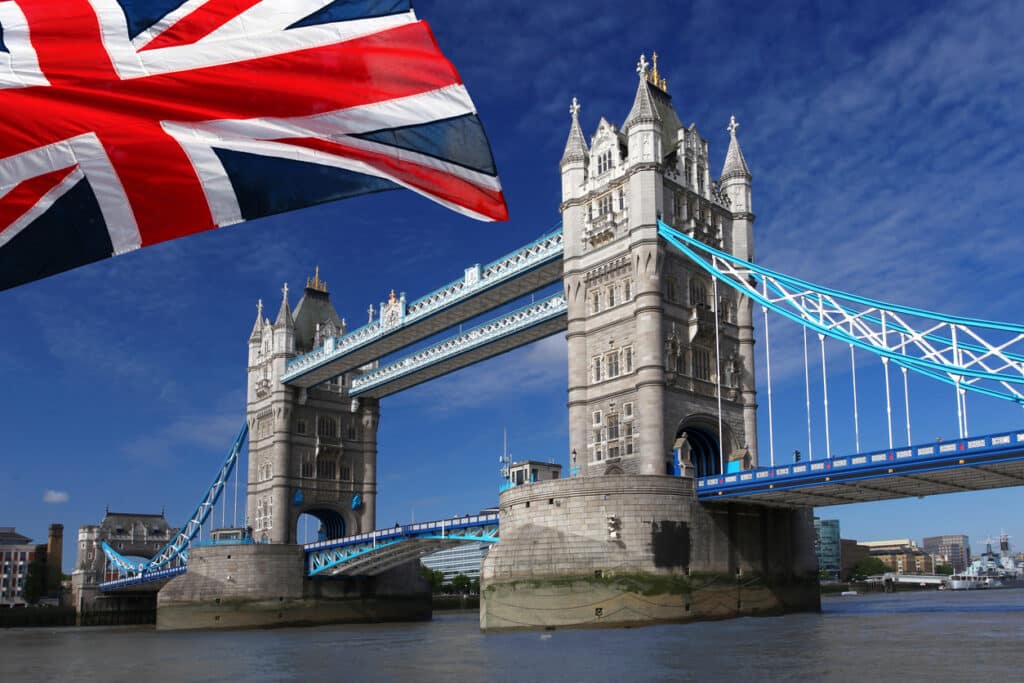Welcoming a new baby is a life-changing event, and doing so abroad adds a unique layer of excitement—and complexity. If you’re a U.S. citizen giving birth in the UK, you likely have questions about your child’s citizenship, healthcare coverage, and the steps you’ll need to take to ensure everything is in order. This guide is designed to walk you through each stage, offering clear, practical advice so you can focus on what matters most: your growing family.
Understanding your child’s citizenship status when born in the UK
Does the UK give citizenship by birth? The answer depends on several factors, and understanding the rules can help you plan ahead with confidence.
UK citizenship by birth: Not automatic for foreigners
Unlike some countries, the UK does not automatically grant citizenship to every child born on its soil. If you’re giving birth in the UK as a foreigner, your child will only be a British citizen at birth if at least one parent is a British citizen or has settled status (such as Indefinite Leave to Remain or permanent residency) at the time of birth.
- If neither parent has British citizenship or settled status: Your child will not be a British citizen at birth. However, they may be eligible to apply for citizenship later if your status changes.
- If one parent is a British citizen or settled: Your child will be a British citizen automatically.
U.S. citizenship: Passed down by parentage
The good news is that U.S. citizenship is typically passed down to children born abroad, provided at least one parent is a U.S. citizen who meets certain residency requirements. You’ll need to report your child’s birth to the nearest U.S. embassy or consulate and apply for a Consular Report of Birth Abroad (CRBA), which serves as proof of U.S. citizenship.
Healthcare coverage and insurance requirements for U.S. citizens giving birth in the UK
Navigating healthcare as an expat can feel daunting, especially when you’re expecting. Understanding your options for giving birth in the UK as a foreigner will help you avoid unexpected costs and ensure you receive the care you need.
NHS access: Who qualifies?
The UK’s National Health Service (NHS) provides comprehensive maternity care, but eligibility depends on your residency status:
- If you have Indefinite Leave to Remain, a work visa, or are considered ‘ordinarily resident’: You’re likely entitled to free NHS maternity care.
- If you’re on a temporary visa or visiting: You may be charged for NHS services unless you have private insurance or a reciprocal healthcare agreement applies.
Private health insurance
If you’re not eligible for free NHS care, private health insurance can help cover the costs of prenatal visits, delivery, and postnatal care. It’s wise to check your policy details before your due date, as maternity coverage often requires a waiting period.
💡 Pro Tip:
Contact your insurer early in your pregnancy to confirm what’s covered and whether you need to pre-authorize any services.
Out-of-pocket costs
Without NHS eligibility or adequate insurance, giving birth in the UK as a foreigner can be expensive. Hospital delivery costs can range from several thousand pounds upward, depending on the level of care and any complications.
Registering your baby’s birth with UK authorities
After your baby arrives, there are important legal steps to take—both in the UK and with U.S. authorities. Registering your baby’s birth is essential for securing their identity, citizenship, and access to services.
Registering the birth in the UK
- When: You must register your baby’s birth within 42 days (6 weeks) in England, Wales, and Northern Ireland, or within 21 days in Scotland.
- Where: Register at the local register office in the district where your baby was born.
- What to bring: Parents’ passports, proof of address, and any relevant immigration documents.
- What you’ll receive: A UK birth certificate, which is required for travel, healthcare, and future citizenship applications.
Registering with the U.S. embassy or consulate
To secure your child’s U.S. citizenship, you’ll need to:
- Schedule an appointment at the nearest U.S. embassy or consulate.
- Complete the Consular Report of Birth Abroad (CRBA) application.
- Provide supporting documents (parents’ passports, proof of U.S. citizenship, UK birth certificate, etc.).
- Apply for your child’s U.S. passport.
💡 Pro Tip:
Start this process as soon as possible, as appointments can fill up quickly and processing times may vary.
Sorting out citizenship questions for your UK-born child?
Don’t let cross-border tax issues sneak up on your growing family. Bright!Tax specializes in U.S. expat tax guidance—so you can focus on your child’s future, not paperwork. Reach out for expert support navigating the tax side of international parenthood.
Frequently Asked Questions
-
Does giving birth in the UK as a foreigner automatically make my child a British citizen?
No, your child will only be a British citizen at birth if at least one parent is a British citizen or has settled status in the UK.
-
Can I access NHS maternity care as a U.S. citizen giving birth in the UK as a foreigner?
It depends on your residency status. If you’re ‘ordinarily resident’ or have a qualifying visa, you may be eligible. Otherwise, you may need private insurance or pay out-of-pocket.
-
What documents do I need to register my baby’s birth in the UK?
You’ll need parents’ passports, proof of address, and any relevant immigration documents. The local register office will provide a UK birth certificate.
-
How do I secure U.S. citizenship for my baby born in the UK?
Report the birth to the nearest U.S. embassy or consulate and apply for a Consular Report of Birth Abroad (CRBA) and a U.S. passport.
-
Will giving birth in the UK as a foreigner affect my U.S. tax obligations?
Having a child abroad doesn’t change your U.S. tax filing requirements, but you may be eligible for certain credits or deductions. Consult a U.S. expat tax expert for personalized advice.

 Connect on LinkedIn
Connect on LinkedIn

